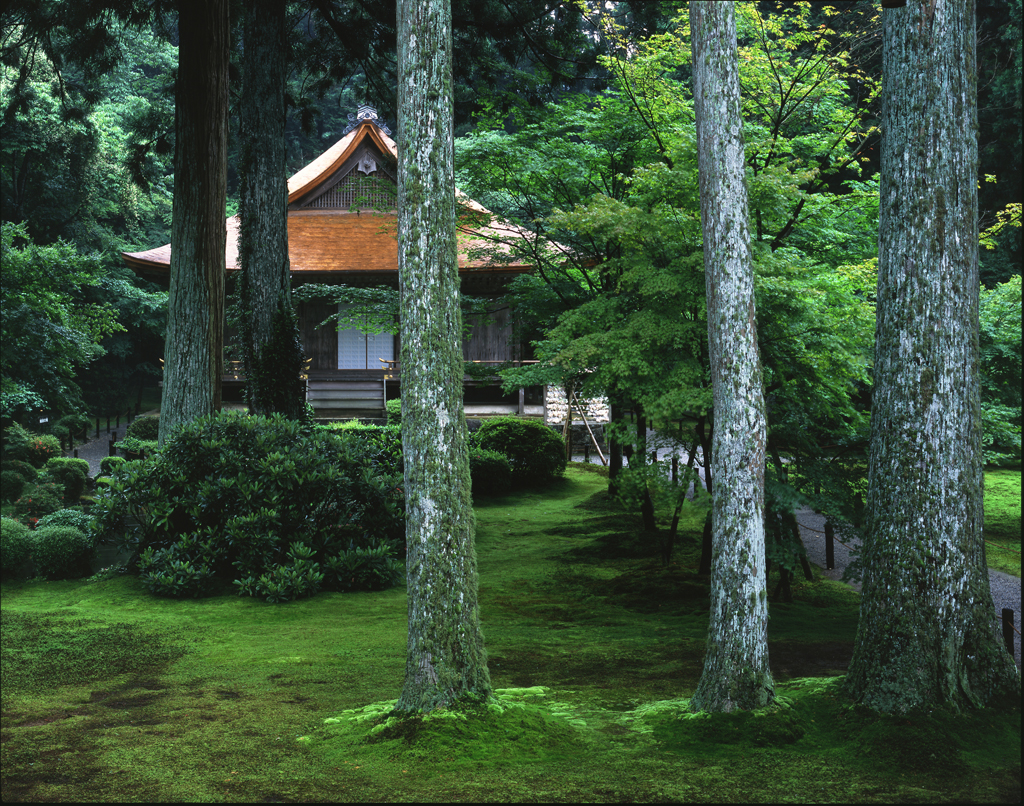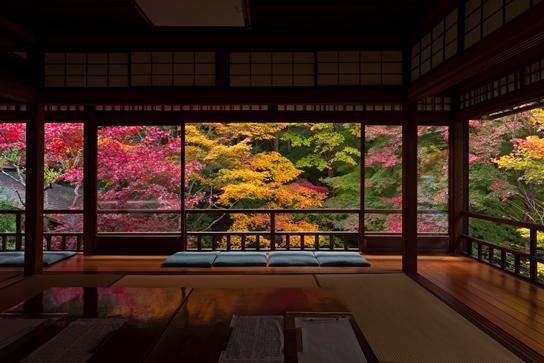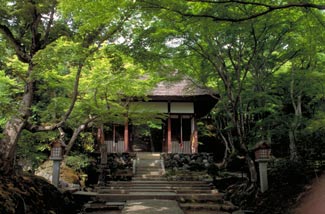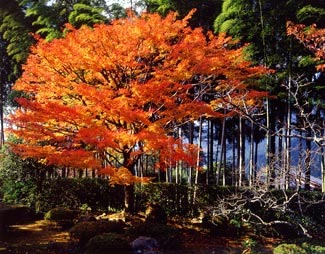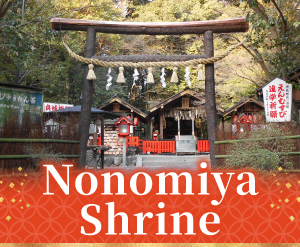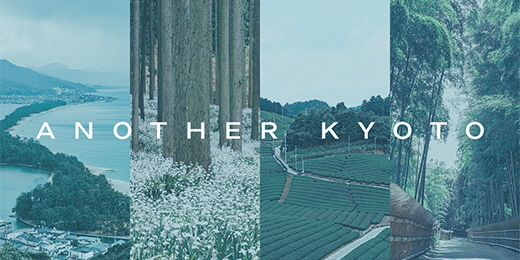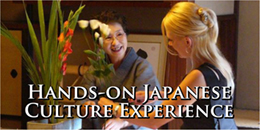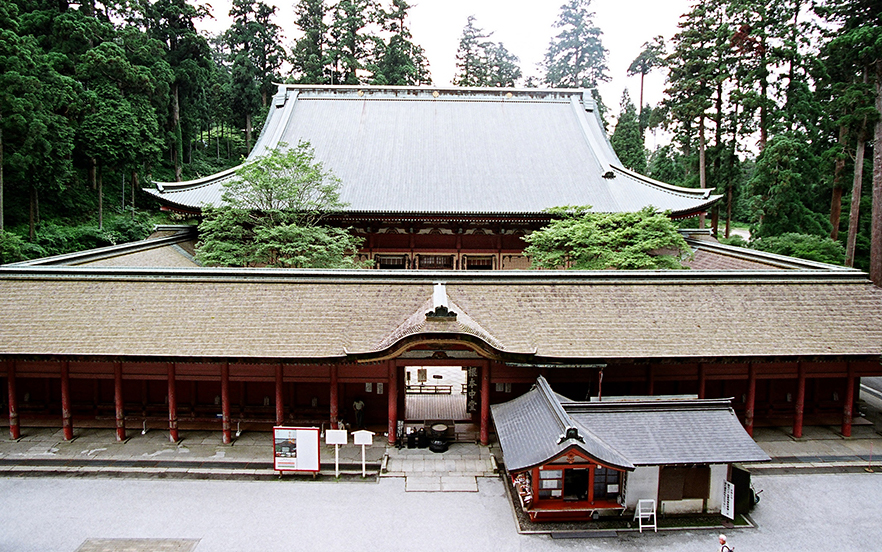
Enryaku-ji Temple is said to be one of the main spiritual centers of Japanese culture. An ancient monastery complex atop Mt. Hiei-zan, it is a richly atmospheric place with old temples and artifacts, misty ravines and towering cedars, and a long, fascinating history. It is a marvelous place to visit, combining choice hiking (and great views) with a chance to explore important sites of Japanese history.
In the Central Hall (Kompon Chudo) visitors enter a long room where the altars are sunken below the worship floor. Smoke from incense fills the room with a fragrant haze and almost lends a quality of movement to the statues and other items on the altars. Three of the lanterns in this room are said to have remained alight for over 1200 years.
In the year 788 Enryaku-ji Temple was founded by the priest Saicho at the request of the Emperor Kammu, as a station to guard to the newly-founded capital of Heian-kyo (Kyoto) against evil spirits that were held to approach from the northeast. From its modest beginnings, Enryaku-ji Temple grew to become the headquarters of the Tendai School of Buddhism, and at its peak the complex comprised over 3000 buildings with a population of several thousand monks. Most of the leading lights of Japanese Buddhism studied at Enryaku-ji Temple before founding their own sects. Enryaku-ji Temple is therefore the key site of Japanese intellectual and religious history.
The temple was also strongly involved in the nation’s politics and had its own army. This proved to be Enryaku-ji’s undoing, however, as in 1571 the warlord Oda Nobunaga (1534-1582) invaded Enryaku-ji Temple, burning much of it to the ground and leaving few survivors. The temple recovered slowly and is now only a shadow of its former self. Yet it still possesses its aura of power, devotion, and impenetrable mystery.
Basic Information
- Address : 4220 Sakamoto Honmachi, Otsu City, Shiga
- Website : Click here
